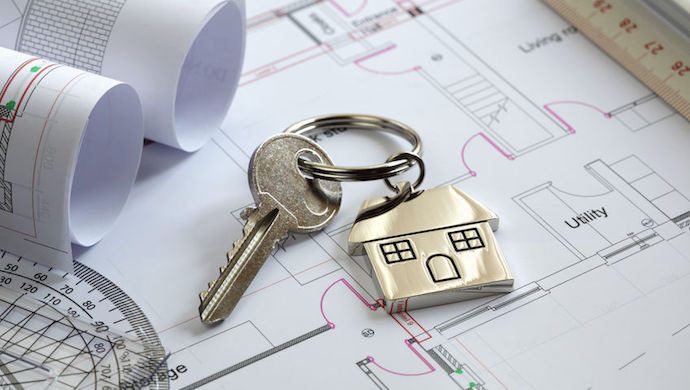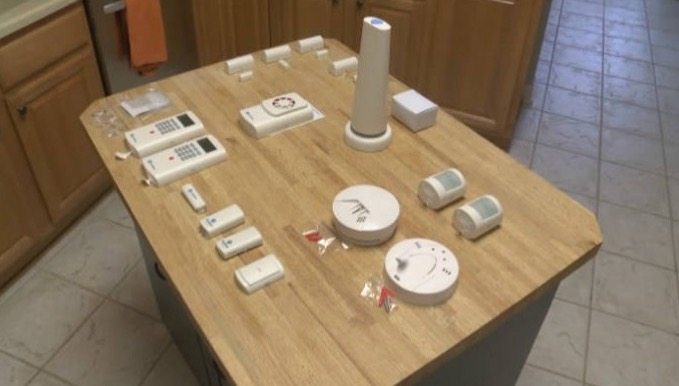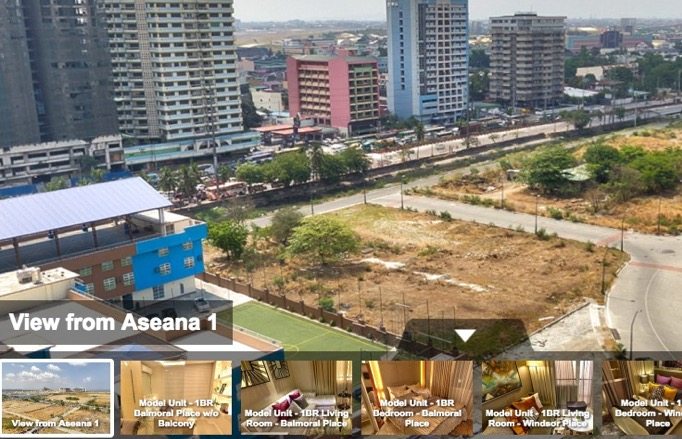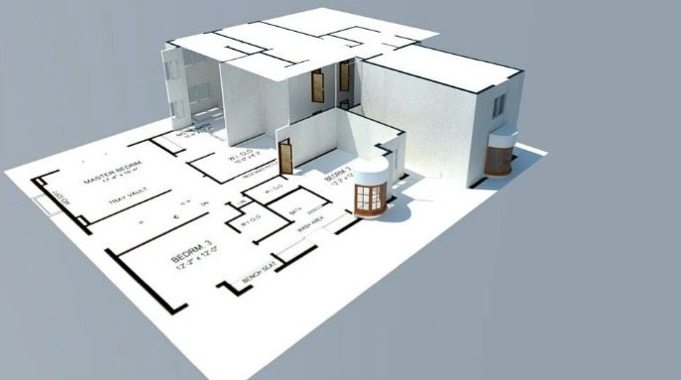Such technologies involve different sectors, including contracts, virtual tours, location-based services, and even insurance

Property technology or proptech is, perhaps, one of the more interesting offshoots of fintech in the recent years, not only because of its potential to change the lives of prospective property buyers and sellers, but because it covers such a wide area of interest.
Such technologies involve different sectors, including contracts, virtual tours, location-based services, and even insurance. Here at e27, contributors have written about smart blockchain-powered contracts, 3D printed houses, and one-stop property portals that enhance the trust factor through meta data, among others.
Also read: From smart contracts, to VR, to 3D-printed houses: How property tech is making a big difference
However, even without the high-tech and highly data-driven advancements that these startups are offering, home owners, home buyers, and property agents are already benefitting from using hardware and devices that are available now.
Here are three examples:
1. Easier access for property managers with security systems

One of the challenges of selling a home is making sure it is available for viewing at the convenience of prospective buyers. For property managers and realtors, this means being able to access the premises freely upon approval of the home owner. In some cases, this involves sharing keys with a third party, such as a realtor. This comes with security concerns, however – you are essentially sharing unfettered and unmonitored access to your property.
SimpliSafe, a US-based security device provider, has a solution to such property management needs. Originally designed for the home security market, the DIY (or do-it-yourself) wireless home security devices enable users to secure and monitor their homes, with the ability to keep track of movements inside the premises through wireless sensors. The devices are simple enough to install, as these do not require wiring, and since the main control panel connects through cellular data.
The company also offers its services to the property market and to businesses. For instance, users can set custom access codes to different users – children, service personnel, or property agents, for example – which enables easy monitoring of the goings-on in the premises. This lets the homeowner know what times the personnel visit the premises, and which rooms he/she explores. All of these can be monitored via mobile app, or even through SMS alerts.
This extends to bigger facilities, like motels or condominiums, wherein a property manager can monitor access to the facilities by guests or service personnel, realtors or anyone with a custom pass code. The combination of wireless sensors, mobile access and an inexpensive no-contract monthly subscription, make it an ideal solution for this scenario.
2. An immersive experience through virtual reality tours

Real estate is touted to be one of the biggest applications of virtual reality and augmented reality technologies. Several companies have already explored the viability of giving prospective clients a virtual tour of the premises, so that they won’t have to waste time in traveling to a property they might not like.
Philippine startup Zipmatch offers such a technology, marrying photos and data available from its own database with a 360 Goggles, to give homebuyers an immersive experience of more than 300 properties around key cities in the country. The startup primarily targets real estate brokers and brokerages with an affordable monthly plan. Through the Zipmatch 360 Virtual Reality system, agents can show their clients the properties at sales events, exhibits and road shows.
Also read: This Singaporean startup aims to be the one-stop portal for homeseekers
It’s akin to visiting the actual property or a model house right on the property itself. Sure, while it’s usually best to physically inspect property before you buy it, there may be some instances wherein you would want to have an initial look through more remote means.
3. 3D models from hand-drawn sketches

This is not really a hardware startup, but more of a combination of hardware and software. India-based Snaptrude generates three-dimensional models out of hand-drawn floor plan sketches.
This means that architects or even prospective home owners can simply draw their planned designs, and the application will then intelligently create a 3D model without the need for expensive and time-consuming CAD.
What makes Snaptrude more interesting is that it uses data accumulated from users and from businesses in order to provide cost estimates based on the 3D model it has created. Such a system takes the guesswork out of home construction, and users can have a better means of planning for costs and also adjusting for changes based on their budget.
As an added bonus, Snaptrude also provides support for virtual realty headgear, wherein a user can have a VR walkthrough of the designed project. Apart from its availability in India, the app has garnered interest from property developers in the US and Germany.
Conclusion
Proptech does not necessarily have to involve very sophisticated data and fintech capabilities. Even DIY security device installations can make access to property management significantly simpler and easier. VR tours and imagery, as well as easy-to-make 3D designs also make browsing and designing properties more accessible.
—-
The views expressed here are of the author’s, and e27 may not necessarily subscribe to them. e27 invites members from Asia’s tech industry and startup community to share their honest opinions and expert knowledge with our readers. If you are interested in sharing your point of view, submit your post here.
Featured Image Copyright: flynt / 123RF Stock Photo
The post These 3 simple technologies are making proptech more accessible appeared first on e27.